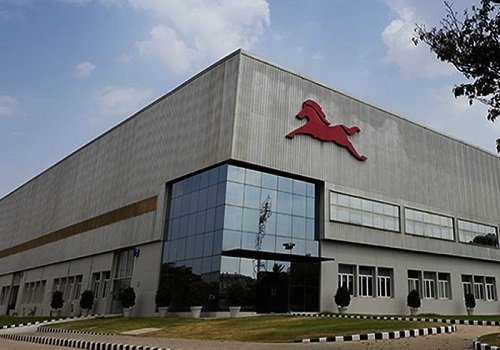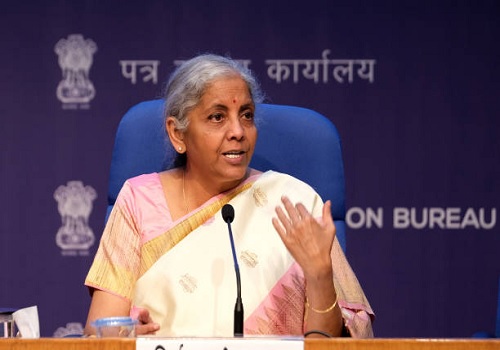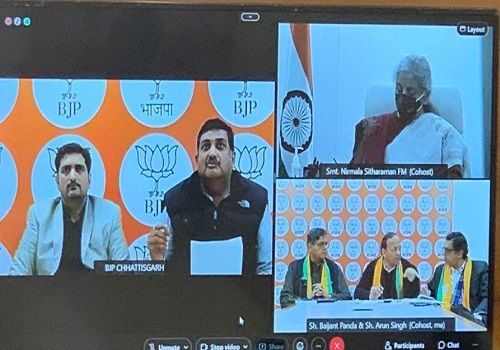Digital Budget: `Made in India` tablet replaces `bahi-khata`

Follow us Now on Telegram ! Get daily 10 - 12 important updates on Business, Finance and Investment. Join our Telegram Channel
In a significant change amid digitalisation, Finance Minister Nirmala Sitharaman this year unveiled a 'Made in India' tablet replacing the traditional briefcase before presenting Budget 2021.
With the move aimed at a paperless Budget, now 'bahi khata' (a ledger wrapped in a red cloth) has been completely removed from this year -- a move to reinforce Prime Minister Narendra Modi's ambitious 'Digital India' mission.
In 1947, India's first Finance Minister R. K. Shanmukham Chetty carried a leather portfolio to present the first Budget.
In January, the Central government also launched 'Union Budget Mobile App' on the occasion of the Halwa ceremony to enable MPs and people to access Budget documents digitally.
It was launched as no budget papers will be printed this year in the wake of the Covid-19 pandemic.
Sitharaman, who will present the Budget for the third time, is expected to lift and give an impetus to the Indian economy that has been battered due to the pandemic and subsequent lockdown.
The Budget comes at a time when India has been battling with the Covid-19 pandemic and the economy is reeling under the aftereffects of the lockdown.
Sitharaman will present the Budget at 11 a.m. in the Lok Sabha. This is in a series of three-four mini Budgets presented during last year considering the pandemic. This would be Sitharaman's third Budget under the National Democratic Alliance (NDA) government led by Prime Minister Narendra Modi.
At the beginning of the joint session of Parliament on Friday, Prime Minister Narendra Modi had also said that the Finance Minister had already announced 3-4 mini Budgets and that the 2021-22 Budget would be historic.
It is expected that the Budget will help in the revival by various sectors like agriculture, infrastructure, healthcare, rural economy and MSMEs sectors that faced the worst impact of the Covid-19 pandemic and lockdown restrictions.

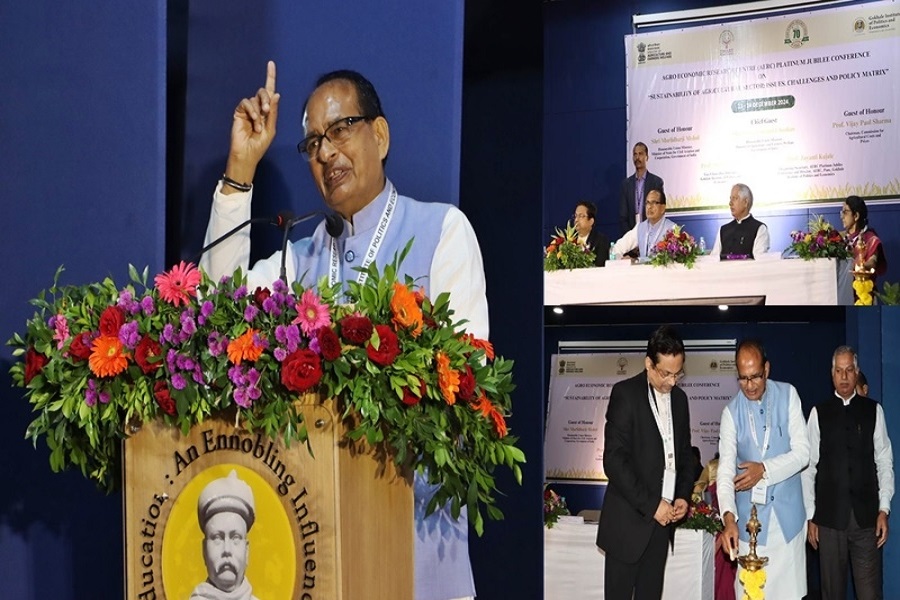


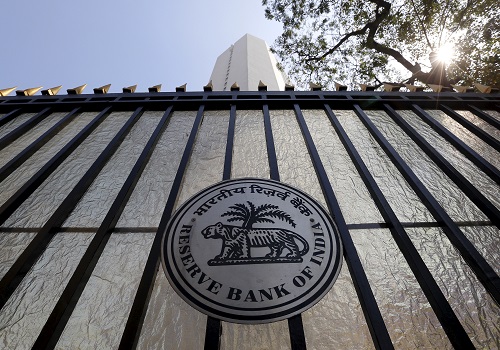

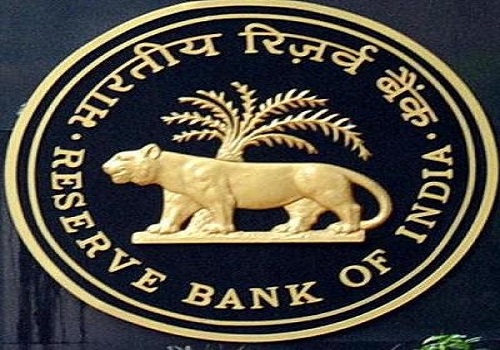



Tag News

Monthly Debt Market Update, September 2023: CareEdge Ratings





 320-x-100_uti_gold.jpg" alt="Advertisement">
320-x-100_uti_gold.jpg" alt="Advertisement">


